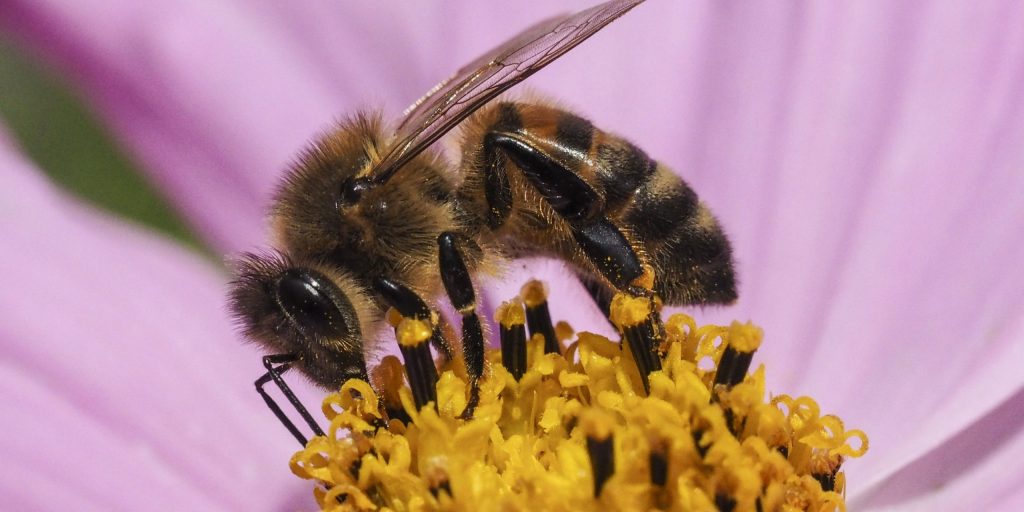A tougher ban on three neonicotinoid pesticides is urgently needed, Friends of the Earth Europe said, after a major new report published today confirmed comprehensive evidence of the threat these chemicals pose to Europe’s bees.
The European Food Safety Authority’s (EFSA) much-awaited assessment of the highly controversial pesticides reviews the scientific evidence since the ban was introduced in 2013. The evidence shows that outdoor uses of neonicotinoid pesticides represent a risk to wild bees and honeybees.
Friends of the Earth Europe bee campaigner Sandra Bell said: “This long-awaited report highlights yet again the huge threat these neonicotinoid pesticides pose to our bees. We have been playing Russian Roulette with the future of our bees for far too long. EU member states must now support a tougher ban on all outdoor use of these three bee-harming chemicals – a move that is fully justified by this report.”
“Any ban on these damaging pesticides must go hand in hand with a fundamental reform of agriculture policy to help farmers work in harmony with nature – not against it. A major shift to agroecology is needed to allow nature to thrive.”
Since December 2013 three neonicotinoid pesticides – imidacloprid, clothianidin and thiamethoxam – have been banned for use on crops attractive to bees. The restrictions were imposed after a previous report by EFSA concluded that they posed a “high acute risk” to honey bees.
EU Member States could vote on extending on extending the neonicotinoid ban as early as 22 March – which would mean more major crops such as wheat being covered by the ban.







